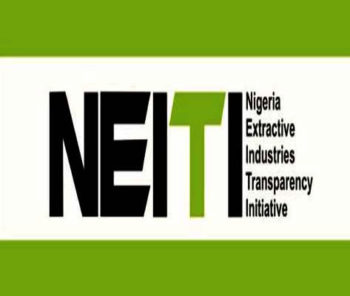
The Nigeria Extractive Industries Transparency Initiative (NEITI) has called for the transfer of all the country’s oil revenue savings, amounting to $3.95 billion into the custody of the Nigeria Sovereign Investment Authority (NSIA).
NEITI in an Occasional Paper titled, ‘‘the case for a robust oil savings fund for Nigeria”, stated that its position was informed by the transparency rating of the NSIA by the global Sovereign Wealth Institute.
The NSIA had scored 9 out of 10 on the Sovereign Wealth Institute’s transparency index, the highest score by any African Sovereign Wealth Fund.
The NSIA was set up in 2011 to build a savings base, develop infrastructure and provide stabilization in times of economic stress for the country.
The fund was structured into three components – the Future Generations’ Fund 40%, Nigeria Infrastructure Fund 40% and 20% for the Stabilization Fund and started off with a seed capital of one billion dollars ($1bn) in 2012.
In November 2015 and March 2017, the government transferred additional $500 million into the fund bringing the total savings to $1.5 billion.
NEITI, however, observed that while these savings were significantly below projected transfers to the NSIA, it was satisfied that the funds under the management of the Authority have not been depleted unlike the other oil savings accounts – The Excess Crude Account and 0.5% Stabilization Fund.
NEITI noted that while the NSIA made N192billion return on its investments, the Excess Crude Account and the 0.5% Stablisation Fund recorded zero returns on investment.
NEITI expressed concerns that unlike the Sovereign Wealth Fund, the Excess Crude Account and the Stabilisation Funds have suffered all kinds of abuses over the years thus undermining the objectives for which they were set up.
The NEITI Occasional Paper therefore, recommended that the $95 million currently in the Stabilization Fund and the $2.3 billion in the Excess Crude Account should be transferred into the Sovereign Wealth Fund as investment savings.
NEITI urged the federal government and the states to speedily resolve the litigation before the Supreme Court to ensure that remittances are made into the fund without interruptions.
